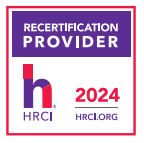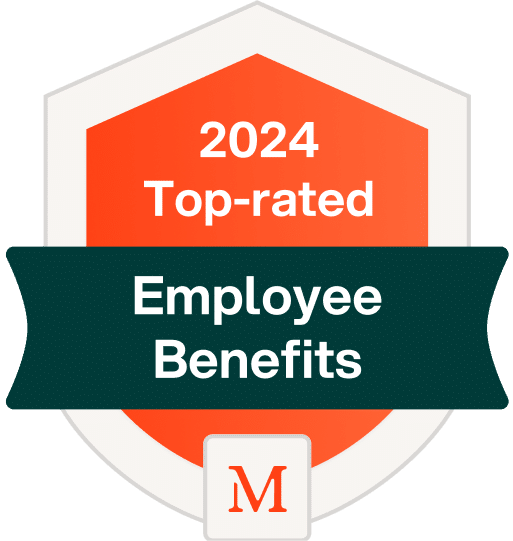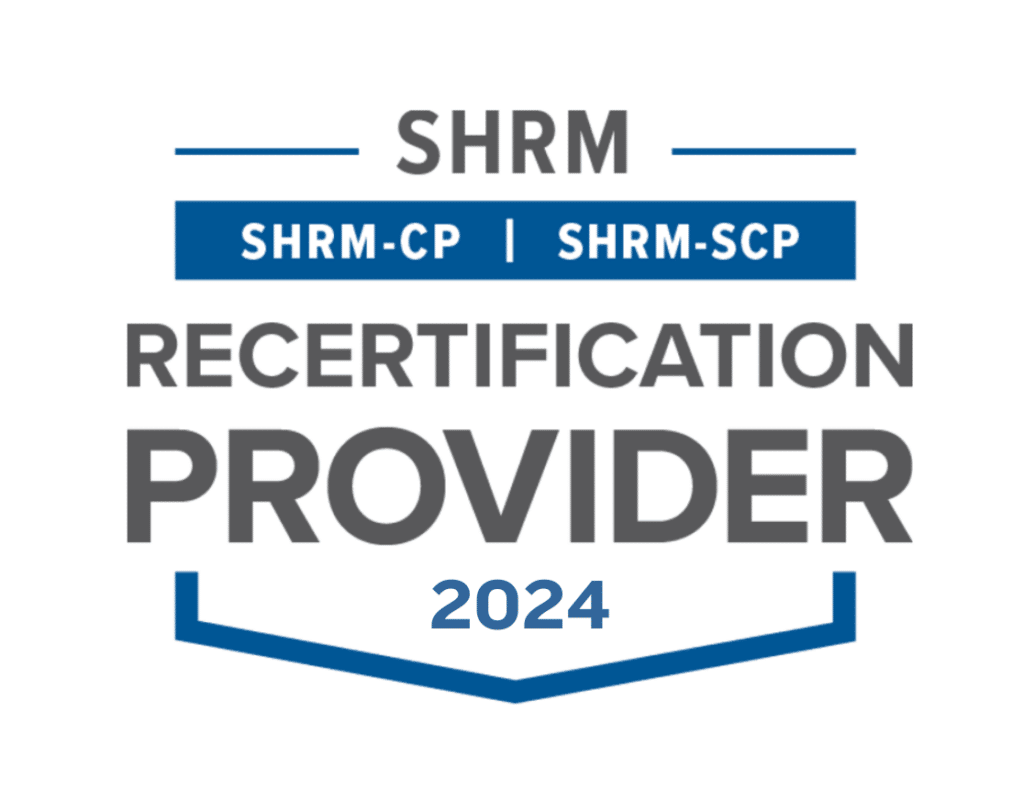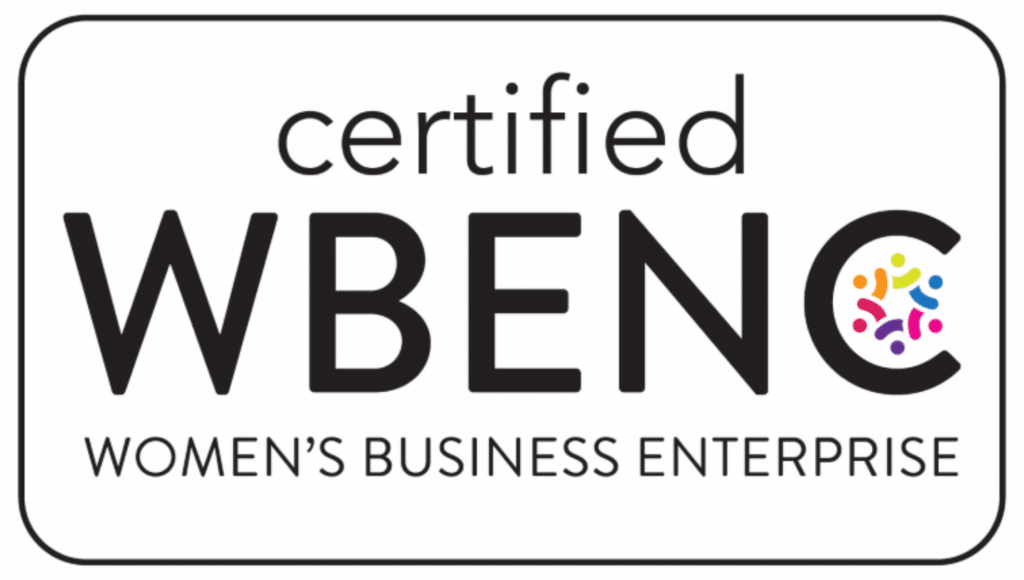A Health Savings Account is a bank account tied to a High Deductible Health Plan (HDHP). An HSA enables employees to pay for current health expenses and save for future qualified medical expenses on a tax-free basis. In many cases, employees are allowed to contribute to an HAS, and their employers may also make pre-tax contributions.
Check out this video to better understand the details of your HSA:
Employees are eligible to open an HSA if they are:
Qualified
Not Qualified
Please note that under the IRS rules for Health Savings Accounts, many additional expenses are HSA-qualified but are not covered by medical plans.
If you have questions regarding your employer’s Health Savings Account option, please contact your dedicated Benefit Guardian.

In Notice 2020-84, the IRS announced 2022 Limits for HSAs and High-Deductible Health Plans. To view the new limits, click below.







Running a people-focused business doesn’t mean simply saying you focus on service. Actions matter. With Innovative, you’ll know everyone on our team by name. But more than that, employee happiness, well-being, and engagement isn’t just something that we see as a ‘nice to have.’ It’s the very reason that you’re hiring us.
© Copyright 2024 Innovative Benefit Planning L.L.C. | All Rights Reserved
Site by Lasting Media.